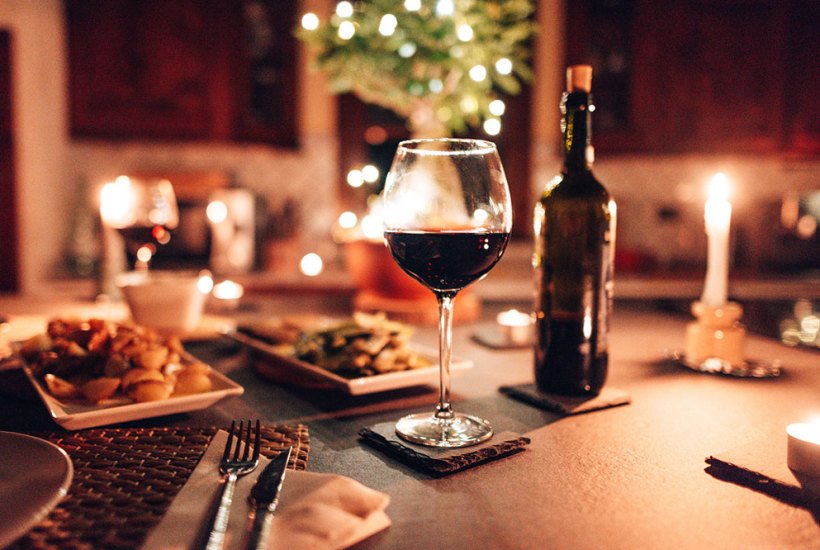A couple of years ago, I saw a charming cartoon. A boy and a girl aged about seven were in an earnest conversation. ‘Of course I don’t believe in Father Christmas,’ said the boy. ‘But we’ve got to keep up the pretence for the sake of the parents.’ This Christmas, all over the world, many parents will be especially keen to dwell on the great festival’s innocent joys.
Already a subscriber? Log in
Subscribe for just $2 a week
Try a month of The Spectator Australia absolutely free and without commitment. Not only that but – if you choose to continue – you’ll pay just $2 a week for your first year.
- Unlimited access to spectator.com.au and app
- The weekly edition on the Spectator Australia app
- Spectator podcasts and newsletters
- Full access to spectator.co.uk
Or
Unlock this article
You might disagree with half of it, but you’ll enjoy reading all of it. Try your first month for free, then just $2 a week for the remainder of your first year.









Comments
Don't miss out
Join the conversation with other Spectator Australia readers. Subscribe to leave a comment.
SUBSCRIBEAlready a subscriber? Log in